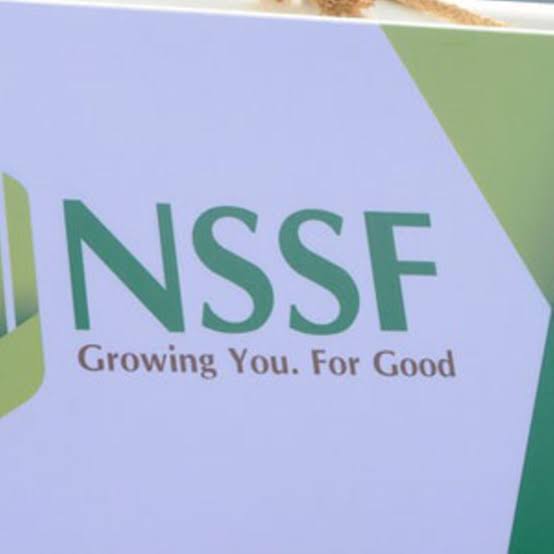The latest financial report by the National Social Security Fund (NSSF) for the financial year ending June 2024 has exposed serious issues in how money has been handled at the institution. The report, which uses details from the Office of the Auditor General, reveals how poor financial decisions and mismanagement have cost the fund billions of shillings. One of the key concerns was that NSSF did not follow up on a refund of Ksh.904 million in taxes that had been wrongly paid to the Kenya Revenue Authority. Since NSSF is now tax-exempt, this money should have been recovered and invested to earn interest for retirees. Instead, it has remained unclaimed, leading to losses in possible returns.
The report also highlights that NSSF bought land in Upper Hill, Nairobi, for Ksh.115 million, but later, the title deed for that land was cancelled in 2010 because the land had been set aside for public use. That means the money was spent on land that cannot legally belong to NSSF.
On top of that, NSSF made risky investments in two private companies between 2023 and 2024. These investments dropped in value by over 17 percent, with a total loss of Ksh.27 million. The Auditor General said that it could not even be confirmed if the investments made financial sense or brought value to the fund.
It was also revealed that NSSF owns shares worth Ksh.38 million in a bank that is making losses. This is in addition to Ksh.12 billion spent on government bonds, where the fund ended up paying a premium of over Ksh.500 million.
Even worse, the bonds were sold at a loss, leading to a capital loss of Ksh.272 million during the same period. The audit also showed that five properties in Nairobi’s Central Business District, valued at Ksh.4.02 billion, were just lying idle and not bringing in any income.
While their investments were underperforming, NSSF also failed to collect rent from eight tenants who owed nearly Ksh.14 million. These tenants went to court and got orders that stopped NSSF from taking action against them. Yet, despite all these losses, the fund spent Ksh.317 million on travel, conferences, and meetings.
Over Ksh.11 million of that was used on conferences arranged by suppliers who were not even registered, raising more questions about procurement. Another Ksh.51 million went into running vehicles, including over Ksh.3 million just for fuel.
In the same financial year, NSSF spent Ksh.410 million on renovation, including Ksh.14 million through questionable procurement methods, and another Ksh.36 million to buy property, plants, and equipment.
Shockingly, Ksh.2 million was spent just to buy a reception desk. At a time when the fund needed to grow, NSSF failed to meet its membership target of 650,000, only reaching 556,306 new members. That is an underperformance of 14 percent, which means nearly 94,000 people who were expected to join the fund did not.
The report also showed that the board of trustees did not suffer any setbacks themselves. Instead, they received Ksh.68 million as part of their emoluments, taken from a total administrative budget of Ksh.6.9 billion.



